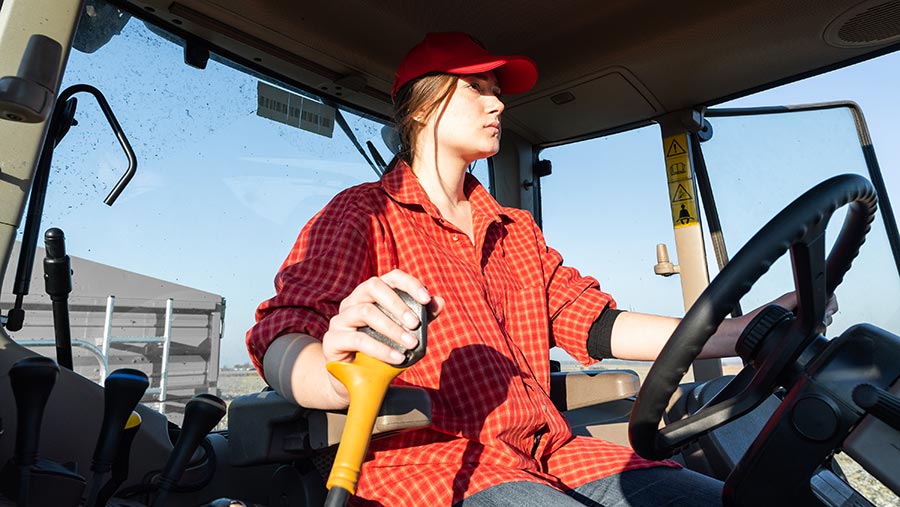Opinion: How teenagers can get their kicks from agriculture
 © Dusan Kostic/Adobe Stock
© Dusan Kostic/Adobe Stock It is often said that young people, and society at large, feel disconnected from where their food comes from, place little value on food producers, and perceive the agri-food industry as a major contributor to the climate crisis.
Similarly, they express minimal interest in pursuing a career in the sector, which is why driving talent into the industry has never been more important.
See also: Better education needed to attract next farming generation
About the author

Carl Edwards is director of education and public engagement at Linking Environment And Farming (Leaf).
But we can’t simply accept that opinion and then expect to attract and influence new entrants, especially if young people have only one touchpoint with the agri-food industry – most likely when they are at primary school.
This has been a shortfall of the sector for some time, and something that I have been striving to tackle with my team.
I remember very clearly in my early days as director for education and public engagement at Linking Environment And Farming (Leaf), an industry leader approaching me and saying: “No one is entering the industry… We do all this work, and for what?”
Feeling somewhat alarmed, I questioned this individual a little more. It quickly became apparent that “all this work” was in fact spending half an hour with a classroom of five-year-olds, once a year.
To me, the idea that a strategy was based on a one-off event with primary school kids that would hopefully shape their decisions as young adults was unfathomable.
Target teenagers
In 2017, having just come out of a job teaching 12-18-year-olds, it seemed to me there was a real need for our industry to work more closely with teenagers, to offer them multiple experiences, to allow them to ask questions, to give them time and space to make their own decisions.
In fact, following Leaf Education’s national competition for 14-16-year-olds in 2022, where students gain real on-farm experiences, 66% of finalists went on to apply for or attend a land-based college and university.
This fantastic result shows that, with the right guidance and exposure, we have the future generation of our industry at our fingertips.
We need to provide young people with a clear voice, to challenge or support our own perceptions – and our latest teenager research project set out to do just that.
Overwhelmingly, the findings were positive. Although the young people involved reported “little” or “no” understanding of the agri-food industry and felt “disconnected” with how their food was produced, they did show a keen desire to know more and understood that this disconnect should not continue.
This age group cares deeply about issues such as sustainability, climate change, environmentally responsible packaging, and the role of food production in addressing the climate crisis.
Furthermore, they have trust and belief in the agri-food industry, hold positive views about food producers, and place great value on retailers and brands to make the right decisions, which, to them, means climate-positive action.
Critically, we need to find imaginative ways to empower our future consumers, leaders, decision-makers, employers and employees to make climate-smart choices, to challenge us, and to champion the agri-food sector in the years to come.
And young people need to be at the heart of developing a roadmap to a more sustainable future, a world that is producing, consuming and living more sustainably.
This extensive piece of research is incredibly important in giving young people “a voice” in how, collectively, we convene the leaders of today to implement the actions required for the generations of tomorrow.